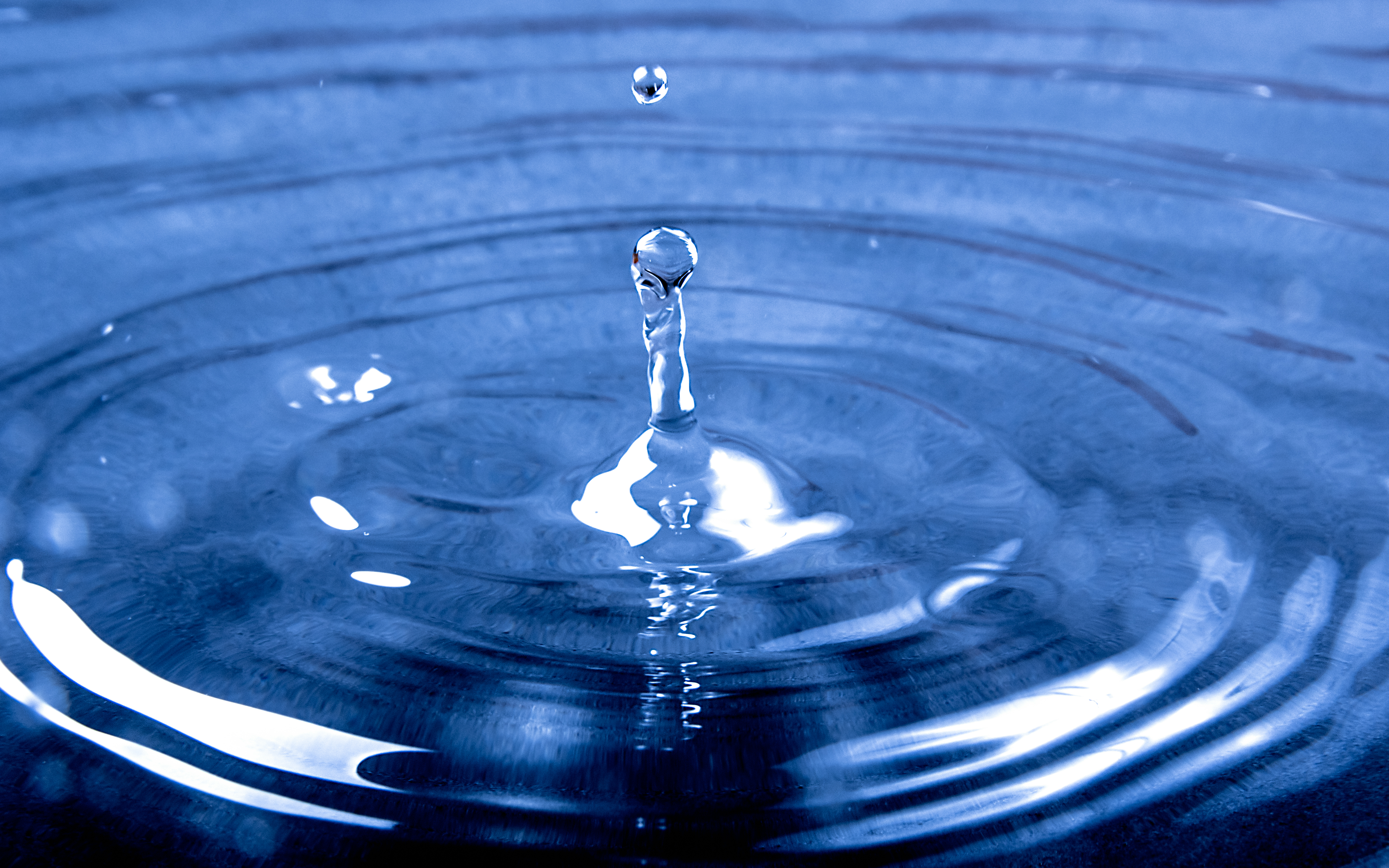How Much Water Should I Drink
How Much Water Should I Drink

Ever wonder how much water you really need? Is it eight glasses a day, or more? What happens if you don’t drink enough water? Your body is about 70 percent water. This fluid regulates your temperature, metabolism, digestion, and other vital functions. It also plays a crucial role in breathing, physical performance, and brain health. Thus, it’s essential to get enough water in your diet and stay hydrated throughout the day.
Why Is Water Important?
Water accounts for 55 percent to 78 percent of your body’s composition. Its role is to flush out toxins, break down the nutrients from food, and lubricate your joints. This vital fluid also assists with vitamin absorption and keeps your temperature normal. At the same time, it helps your body get rid of waste through sweat, urine, and bowel movements.
Not drinking enough water leads to dehydration, which may impact your brain, energy levels, and overall health. Dehydration affects your ability to burn calories, play sports, and focus on your daily tasks. When you don’t drink enough fluids, your skin becomes dry and flaky. You may experience fatigue, migraines, headaches, poor concentration, and irritability. The human body can survive without food for weeks, but only three to five days without water. This fluid is crucial for survival.
Do You Really Need Eight Glasses of Water Daily?
Even though health experts recommend drinking at least eight glasses of water a day, this is just a general guideline. No scientific studies support this statement. Fluid requirements vary from one person to the next. For instance, people who are more physically active or live in tropical climates need more water than other people. The whole “8 glasses of water a day” thing applies to healthy adults who live in a temperate climate and have a largely sedentary lifestyle.
Your daily water intake depends on your age, activity level, living conditions, and overall health. An endurance athletes has higher fluid requirements than someone who does yoga.

A construction worker needs more water compared to an office clerk. Seniors, children, and pregnant women have increased fluid requirements as well. In general, the combination of extreme heat and physical overexertion increases the need for water. Under these conditions, a healthy person can lose as much as half-a-gallon of water through sweat alone.
Even the slightest dehydration can take a toll on your body. This condition sends thousands of people to emergency room each year. Failing to drink enough water can lead to impaired brain function, headaches, low energy, poor memory, and decreased cognitive performance.
Water also plays a key role in weight loss and body detox. This fluid helps prevent and relieve constipation, suppresses hunger, and increases your energy expenditure. Studies have found that drinking just 17 ounces of water can boost metabolism by up to 30 percent for up to an hour and a half!. According to the journal Obesity, drinking a bottle of water 30 minutes before meals accelerates weight loss in obese patients. Maintaining an adequate fluid intake may also lower your risk of kidney stones, migraines, fatigue, heart disease, and digestive problems. So drink up my friends!

